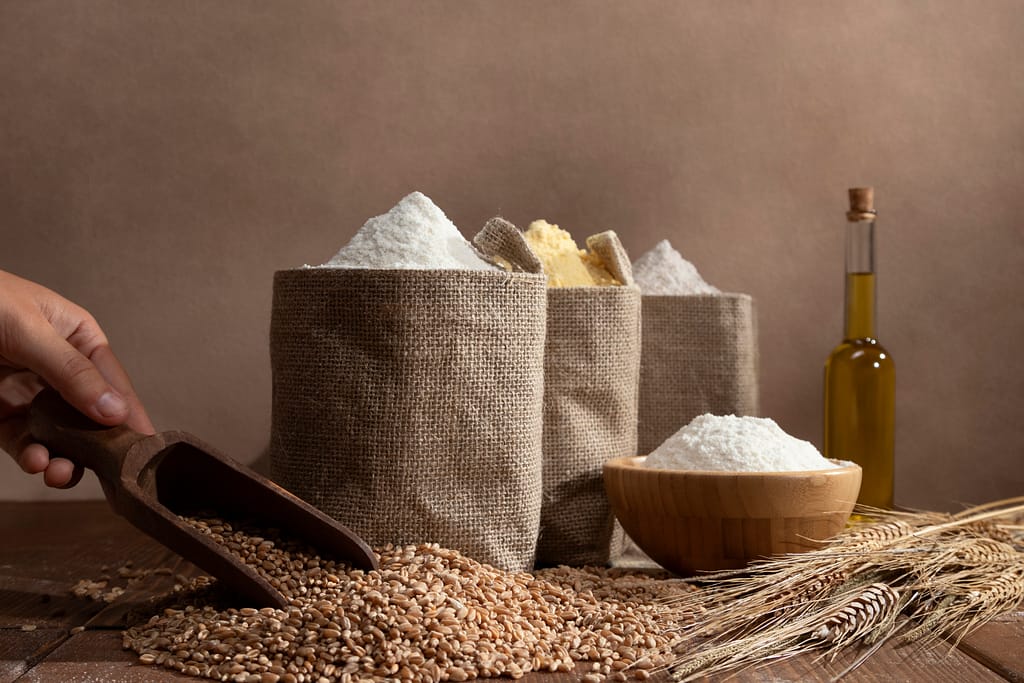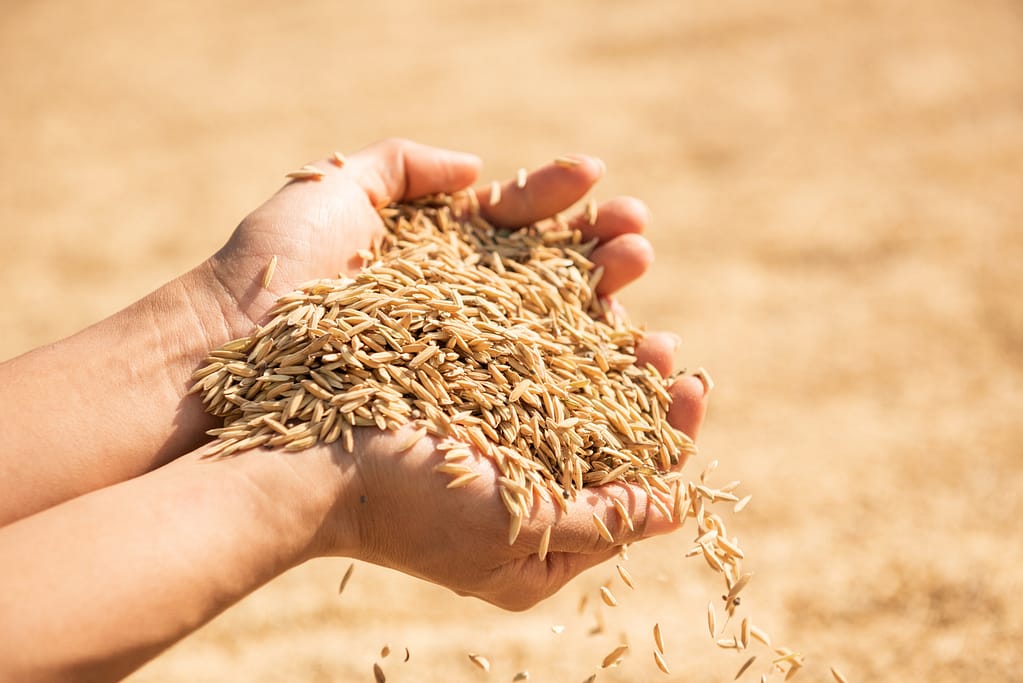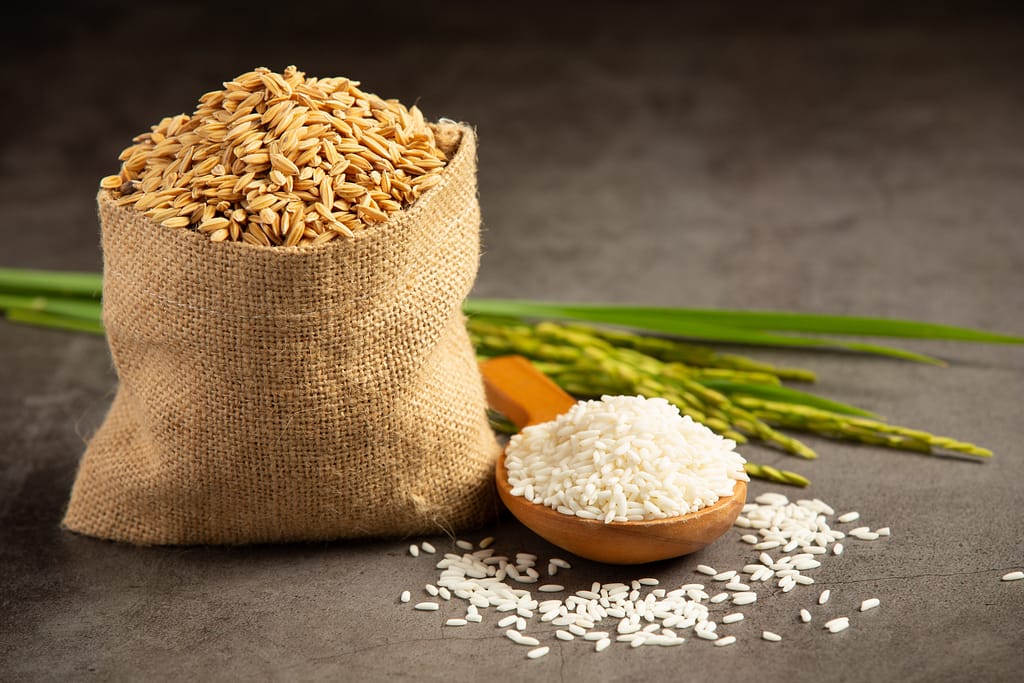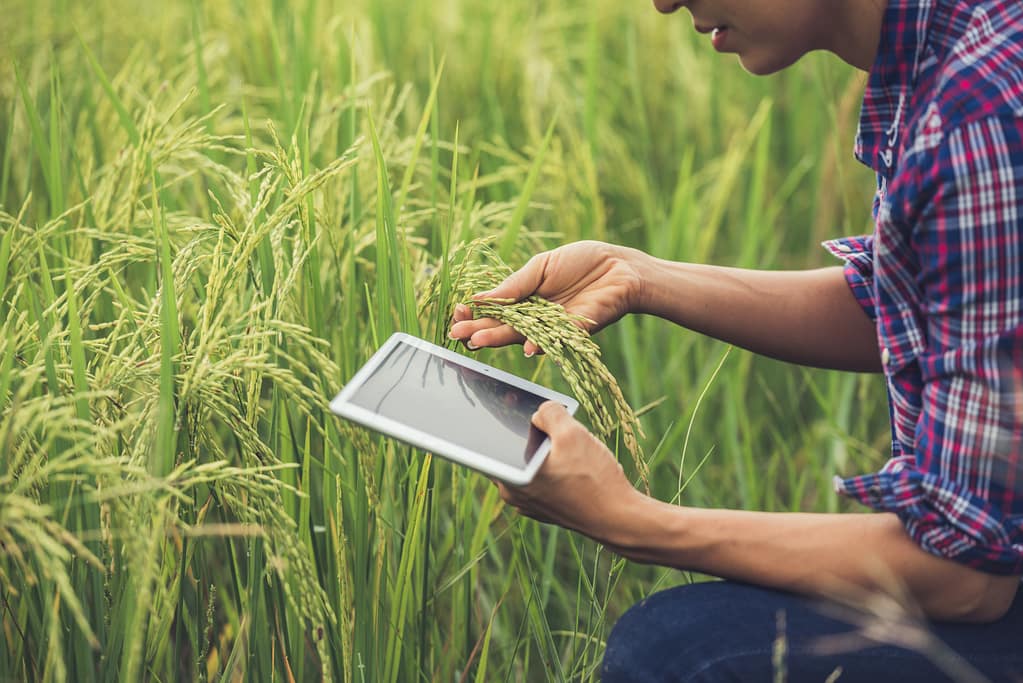In a strategic move to bolster grain market availability and secure a consistent supply of essential food commodities, the Indian government has announced the sale of an extra 50 lakh tons of wheat and 25 lakh tons of rice in the open market. With the ever-increasing demand for agricultural products, addressing market fluctuations and ensuring a seamless flow of grains to consumers becomes paramount. This initiative is poised to have a significant impact not only on the local population but also on the dynamics of global trade.



Government’s Pledge to Food Security
For decades, India has remained steadfast in its commitment to achieving food security. By releasing surplus grains into the open market, the government aims to stabilize prices, mitigate food scarcity, and counteract the adverse effects of external factors that could disrupt the supply chain. This initiative aligns perfectly with the United Nations’ Sustainable Development Goal 2, which emphasizes zero hunger and equitable access to safe, nutritious food for all.
Promoting Agricultural Sustainability
The decision to sell surplus wheat and rice assumes a pivotal role in promoting agricultural sustainability. By curbing food wastage and optimizing resource utilization, the government contributes to minimizing the ecological footprint associated with food production. Moreover, this initiative can serve as a catalyst for farmers to embrace modern and sustainable farming practices, resulting in increased productivity while safeguarding the environment for future generations.
Augmenting Domestic and International Trade
The surplus grain sale extends beyond bolstering the domestic market—it has the potential to wield a positive impact on international trade. As India ascends as a prominent player in global food production, a surge in grain availability could lead to stronger trade partnerships with other nations. This initiative resonates with the core principles of the government’s ‘Make in India’ campaign, fostering greater export potential and propelling the nation’s economic growth trajectory.

Encouraging Fair Market Competition
A cornerstone of the surplus grain sale lies in the promotion of equitable market competition. By introducing surplus grains into the open market, the government facilitates a level playing field for various stakeholders, including traders and retailers, to participate in the distribution process. This healthy competition guarantees that consumers receive top-quality grains at fair prices, thus fostering transparency and accountability within the agricultural sector.
Conclusion
In the grand scheme of enhancing agricultural sustainability, the Indian government’s decision to release an additional 50 lakh tons of wheat and 25 lakh tons of rice into the open market is undeniably a monumental stride. This initiative not only tackles food security concerns but also radiates its impact across domestic and international trade, sustainable farming practices, and market competition. By adopting a proactive stance in such matters, India showcases its dedication to ensuring a resilient and prosperous agricultural sector.
FAQs
- Q: How does the surplus grain sale impact global trade?
A: The surplus grain sale has the potential to fortify international trade relationships, positioning India as a significant contributor to the global food market. - Q: What role does sustainable farming play in this initiative?
A: Sustainable farming practices encouraged by this initiative aid in reducing environmental impact while bolstering agricultural productivity. - Q: How does the ‘Make in India’ campaign intersect with this effort?
A: The surplus grain sale aligns with the campaign’s goals, enhancing export potential and driving economic growth. - Q: How does the government ensure fairness in market competition?
A: Introducing surplus grains into the open market fosters healthy competition, ensuring consumers access quality grains at reasonable prices. - Q: What is the larger impact of this initiative?
A: This initiative resonates across domestic and global realms, from food security to trade dynamics, promoting a sustainable future for agriculture.
Source:
https://economictimes.indiatimes.com/news/economy/agriculture


